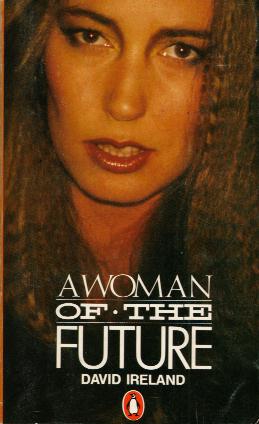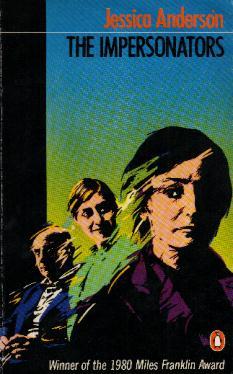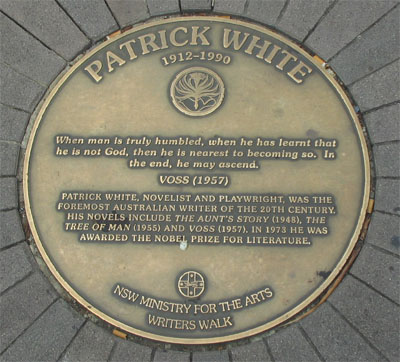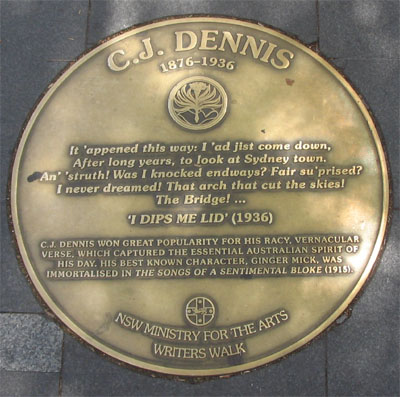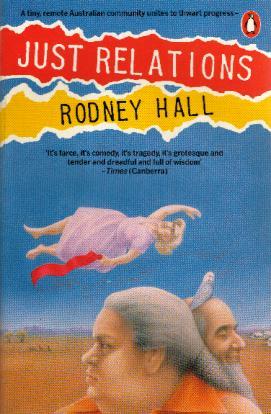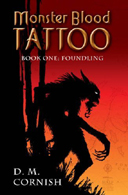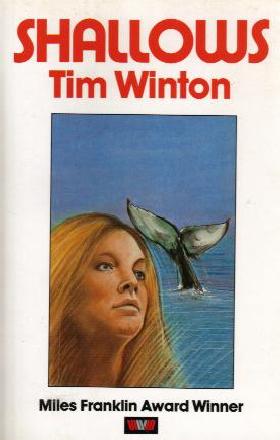In case you were wondering what happened last week, I skipped this category: couldn't find anything of interest to write about.
The Age
A couple of weeks back the newspapers in Australia were all agog about excerpts from a new biography of our current Prime Minister. It was mostly stuff that, if you sat back and thought about it, you wouldn't have been all that surprised to come across. The interesting thing was that it had all come together in one volume only a few months before a rather important Federal election. Now that book, John Winston Howard by Wayne Errington and Peter van Onselen, has hit the bookshelevs and has been reviewed by Michelle Grattan, "The Age" political editor. This is an odd occurrence: "The book is overdue. Former Labor leader Mark Latham attracted several biographers (one wonders if they now lament the effort). Two books have recently appeared on Kevin Rudd [current Leader of the Opposition]. Yet Howard, already the second-longest-serving Australian PM, has only the rather turgid account produced by David Barnett, with Pru Goward, about a decade ago." Maybe it might have been best for Howard if the biographies had waited till he had left the political stage, but we can't manage everyting in our lives. "This early cut of history has damaged him, to an extent yet to become clear. While the inter-newspaper rivalry over the book prompted claims it just tells us what was already known, the biography does bring new information and extra insights into the Howard years, especially through the frank first-person accounts. [Treasurer, Peter] Costello might have given Howard character references before, but the directness and the timing of publication make his latest salvo especially pertinent."
It used to be said that Adelaide was the centre of churches and strange murders. Now that later epithet might well be overtaken by events in the Northern Territory. Maybe not so much "strange" as just plain "weird". The death of Peter Falconio in 2001, and the attempted abduction of Joanne Lees by Bradley John Murdoch transfixed a large number of newspaper and book readers with some five books now written about the case. The latest, The Killer Within: Inside the World of Bradley John Murdoch by Paul Toohey, which Chris Johnston comes to grips with. Be aware though, the title outlines the book's direction: the murder is there but it's just a part of the whole: "Interestingly, Toohey focuses only fleetingly on the crimes against Falconio and Lees, although the lesser-known revelations of the long series of court trials get a fair run. Lees' story -- as the naive, pretty tourist subjected to unimaginable torment in one of the world's most inhospitable landscapes -- is pure Australian gothic, like the slasher film Wolf Creek or the grimmest of Albert Tucker's desert paintings come cruelly to life. But it is also well-worn."
The Australian
It would appear that, depending on which side of the History Wars you place yourself, you're either going to enjoy or hate Australian Pastoral: The Making of a White Landscape by Jeanette Horn. Frank Campbell does a pretty good job of looking at the book dispassionately and finds both good and bad in the work. "Hoorn's central thesis is that Australian landscape painting served the dominant pastoral industry. There was a lucrative British market for wool, given economies of scale through huge land acquisitions. From the 1820s to the 1950s, wool was the flagship of the Australian economy...Pastoralism was a wonderful invention, but the road to hell is paved with good inventions. As vast areas of land were taken up, the Aborigines were wiped off or wiped out." Both the white settlers and the Aboriginals changed the environment in differing ways and yet here "Pastoralists as well as Aborigines get off scot-free...This is a book whose intellectual means do not match its ambitions. Still, it's an intriguing account of the coded messages lurking in art."
Alice Spigelman is quite impressed with Paprika Paradise by James Jeffrey, which "explores what it is like growing up with two cultures: the real one in Australia and the romanticised one in Hungary." She calls the book "poignant and often very funny."
